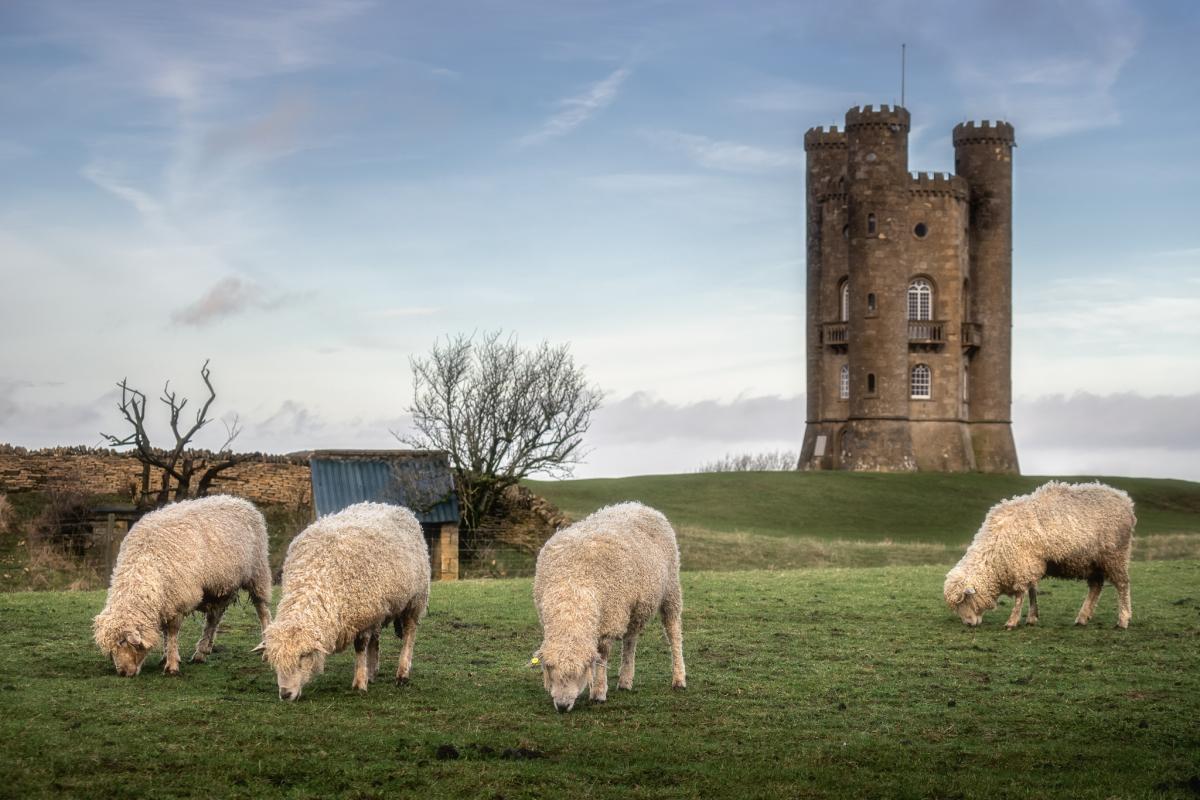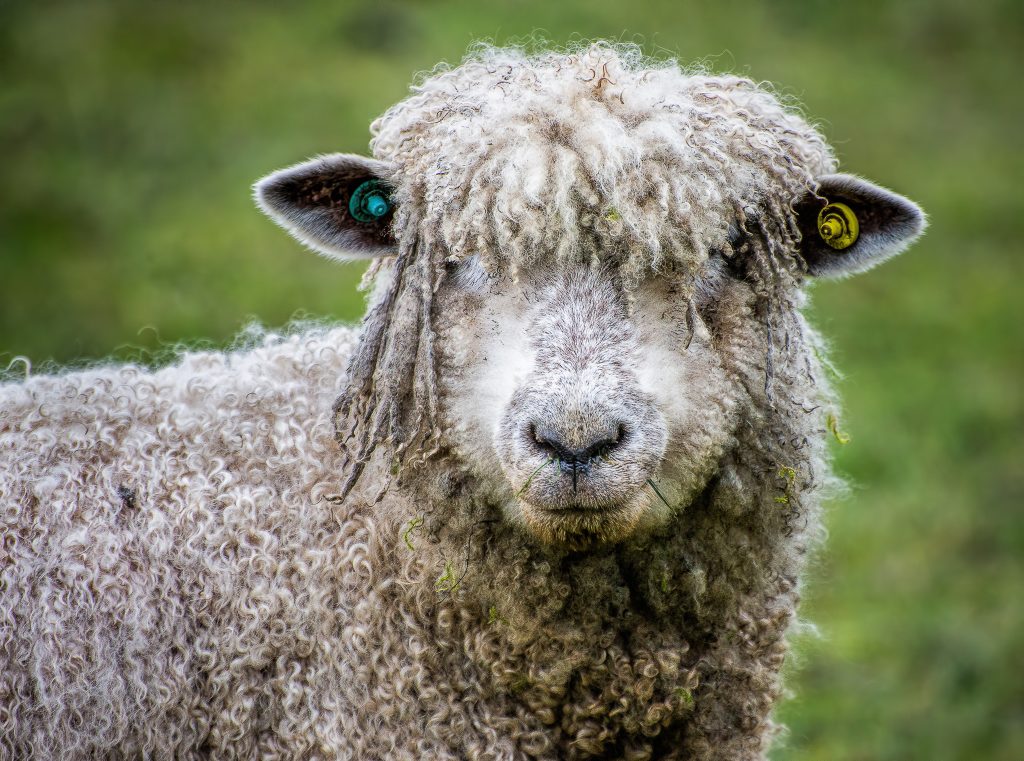
Known for their striking long, lustrous wool and calm temperament, Cotswold Sheep are a native heritage breed with deep roots in British farming history. Whether you’re looking to diversify your farm, raise sheep for conservation grazing or take part in livestock shows, Cotswolds make a wonderful addition to any farm and smallholding. Here's a guide to understanding the breed and tips for starting your own flock.
Cotswold Sheep Characteristics
Cotswold sheep, often affectionately referred to as "Cotswold Lions," earned their regal nickname from their luxurious, golden fleece, which cascades down in long, lustrous locks, reminiscent of a lion’s mane. The breed is prized for several unique qualities:
- Heritage Breed: Dating back to Roman times, Cotswold sheep are one of the oldest recognised British breeds.
- Wool Quality: Their fleece is soft, shiny, and long, making it highly sought after for hand spinning, weaving, and felting.
- Gentle Temperament: Cotswold sheep are calm and easy to handle, making them an excellent choice for beginners.
- Hardy Grazers: They thrive on pasture and are well-suited for conservation grazing, helping manage overgrown landscapes.
Are sheep easy to keep?
Sheep can be relatively easy to keep, especially for beginners, but their care does require time, knowledge, and resources to ensure they thrive. As hardy animals, sheep can adapt well to various climates and grazing conditions, but they are not entirely low-maintenance. Basic requirements include secure fencing, a reliable water supply, and appropriate grazing land. Regular health checks, hoof trimming, and parasite control are essential to maintain their well-being.
Additionally, sheep are social animals and need to be kept in flocks to prevent stress and loneliness. While they don’t require constant attention, seasonal tasks like shearing, lambing, and vaccinations demand careful planning and effort. Choosing the right breed for your land, climate, and purpose (e.g., wool, meat, or conservation grazing) can significantly influence how easy they are to manage. With proper preparation and commitment, keeping sheep can be a rewarding experience for smallholders and farmers alike.
Keeping sheep for beginners
When purchasing Cotswold sheep, we recommend choosing reputable breeders who prioritise health and breed standards. The Cotswold Sheep Society has members, including breeders and enthusiasts across the UK. Their online marketplace features pedigree and registered livestock that meets the breed's standards. This can be an excellent way of finding new sheep to add to your flock and to seek advice from other farmers and smallholders.
We recommend starting your flock small if you’re new to keeping sheep. This can be easier to handle and allow you to learn the needs, care, and behaviour of Cotswold Sheep. Once ready, you can expand your flock or consider alternative breeds to keep alongside your livestock.
How to register livestock
When it comes to keeping and moving sheep, you must ensure you’ve received a flock mark which provides you with unique set of numbers to identify your livestock. These numbers are used on livestock ear tags and ensure sheep can be traced to prevent and contain the spread of disease. You can register your flock with the Animal and Plant Health Agency (APHA).

Health checking sheep
Remember to check your flock are free from any visible health issues and that their vaccinations and worming are up-to-date. Our experienced SQP team have decades of experience and will ensure you have all the advice you need to ensure your animals’ welfare needs are met.
Essentials for keeping sheep
You will need a variety of equipment to ensure proper care and management of your flock. Essential items include feeding equipment, such as hay racks, feed troughs, and water troughs to efficiently provide food and clean water.
Sheep handling equipment, like hurdles, a race, and a handling pen, is crucial for safely managing tasks like health checks, vaccinations, and sorting. For routine care, you will require hoof-trimming tools, a shearing kit or access to a shearer, and a first-aid kit for treating minor injuries. Additionally, equipment for parasite control, such as a drenching gun or pour-on applicator, helps keep sheep healthy.
If you're new to keeping sheep or would like advice, our expert team includes local reps who can visit farm and smallholdings and SQP-qualified staff who can assist with animal health, and fencing and livestock specialists who provide free quotes to ensure you get the right products.
